Modal Verbs of Ability (can, could) grammar Exercise
Practise selecting “can” or “could” to express ability, requests, and possibilities in everyday situations.
Exercise Guide
How to complete:
Read each paragraph and choose the correct form of “can” or “could” for every blank. Pay attention to whether the sentence talks about present ability, past ability, or polite requests.
- Use “can” for present ability or informal permission.
- Use “could” for past ability or polite, tentative requests.
- Look for time markers and context clues that signal when the action happens.
Success tips:
- “Can” is direct and confident; “could” sounds softer or refers to the past.
- Questions often use “could” to sound polite: “Could you help me?”
- Remember “could” can show possibility (“It could rain later”).
- Check surrounding verbs; if the sentence describes childhood skills, use “could”.
Knowledge:
Modal verbs like “can” and “could” help you describe what is possible, what someone knows how to do, and how politely you ask for help. These exercises mix polite requests, everyday abilities, and past skills so you can apply each form naturally.
Notice how context shifts the meaning: “I can swim” describes a present skill, while “I could swim when I was five” looks back to the past. Practising these subtle changes will strengthen both your speaking and writing.
Complete the Exercise
Paragraph 1
Paragraph 2
Paragraph 3
Paragraph 4
Paragraph 5
Paragraph 6
Paragraph 7
Paragraph 8
Paragraph 9
Paragraph 10
Paragraph 11
Paragraph 12
Paragraph 13
Paragraph 14
Paragraph 15
Share this exercise
Help others learn grammar by sharing this exercise
Related Exercises
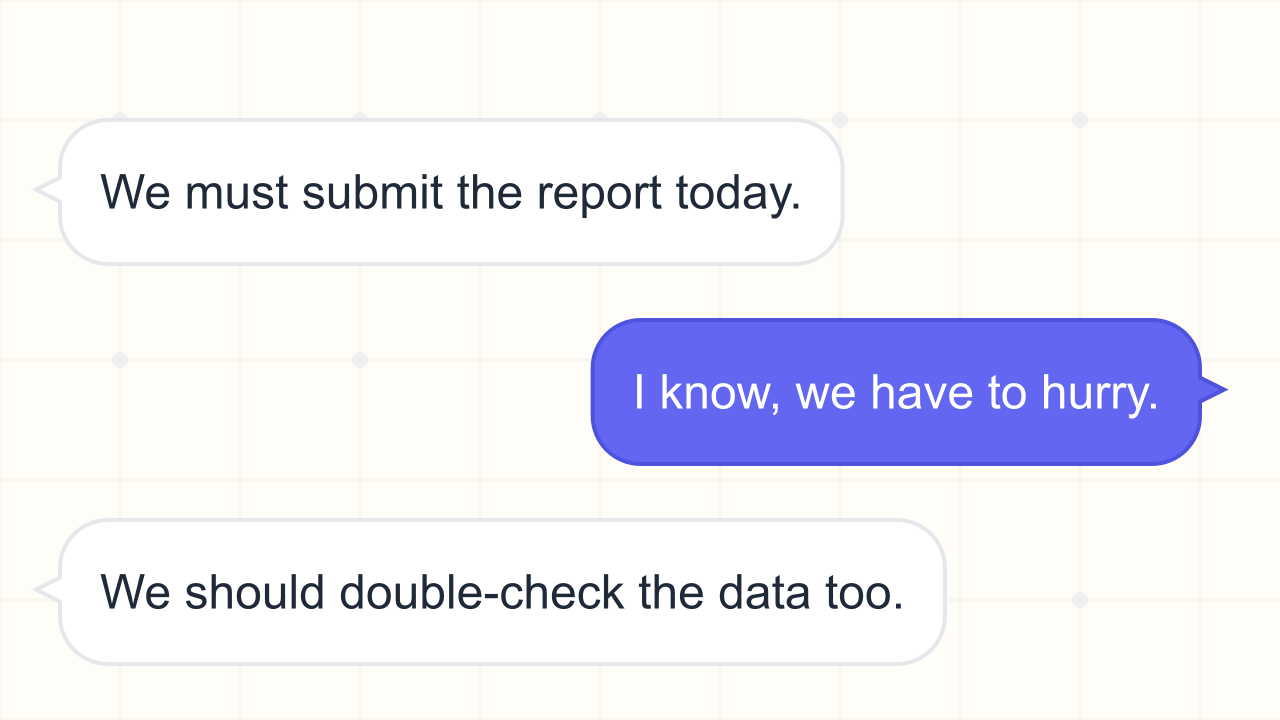
Modal Verbs of Obligation (must, have to, should)
Practise choosing “must”, “have to”, or “should” to express obligation, necessity, and recommendations in real-life contexts.
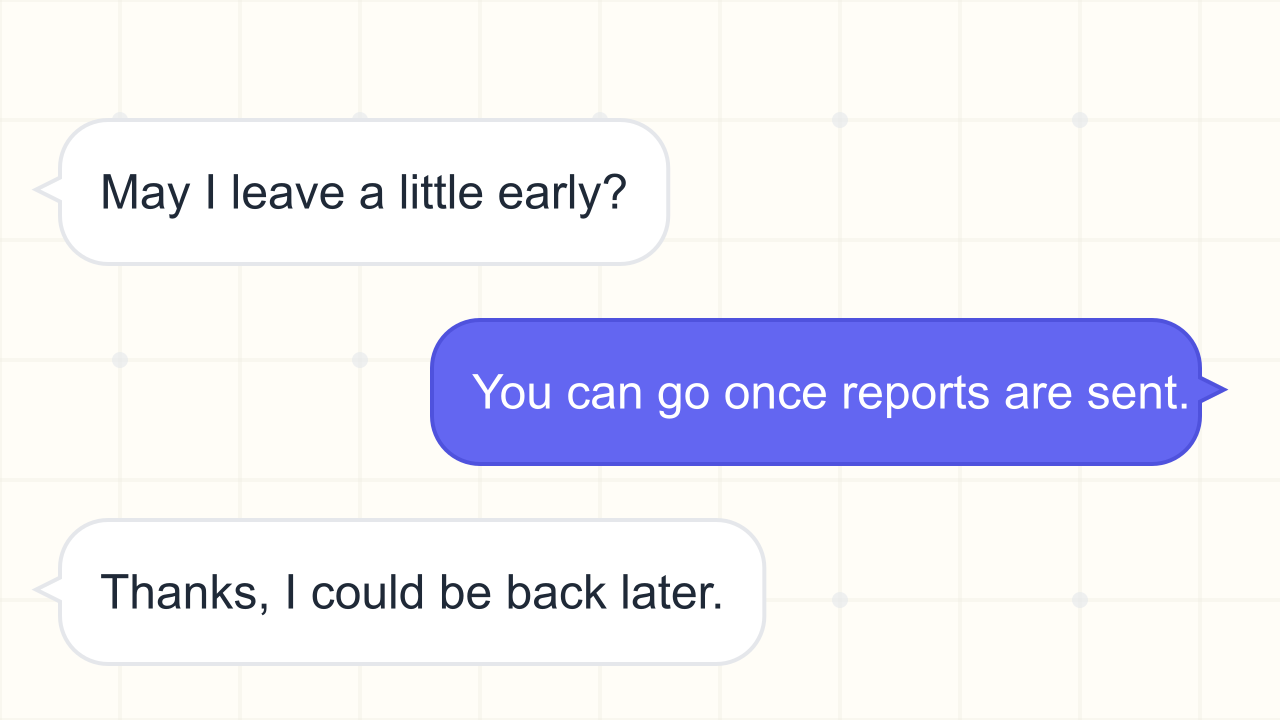
Modal Verbs of Permission (may, can, could)
Practise choosing “may”, “can”, or “could” to ask for permission, give consent, or describe rules politely.
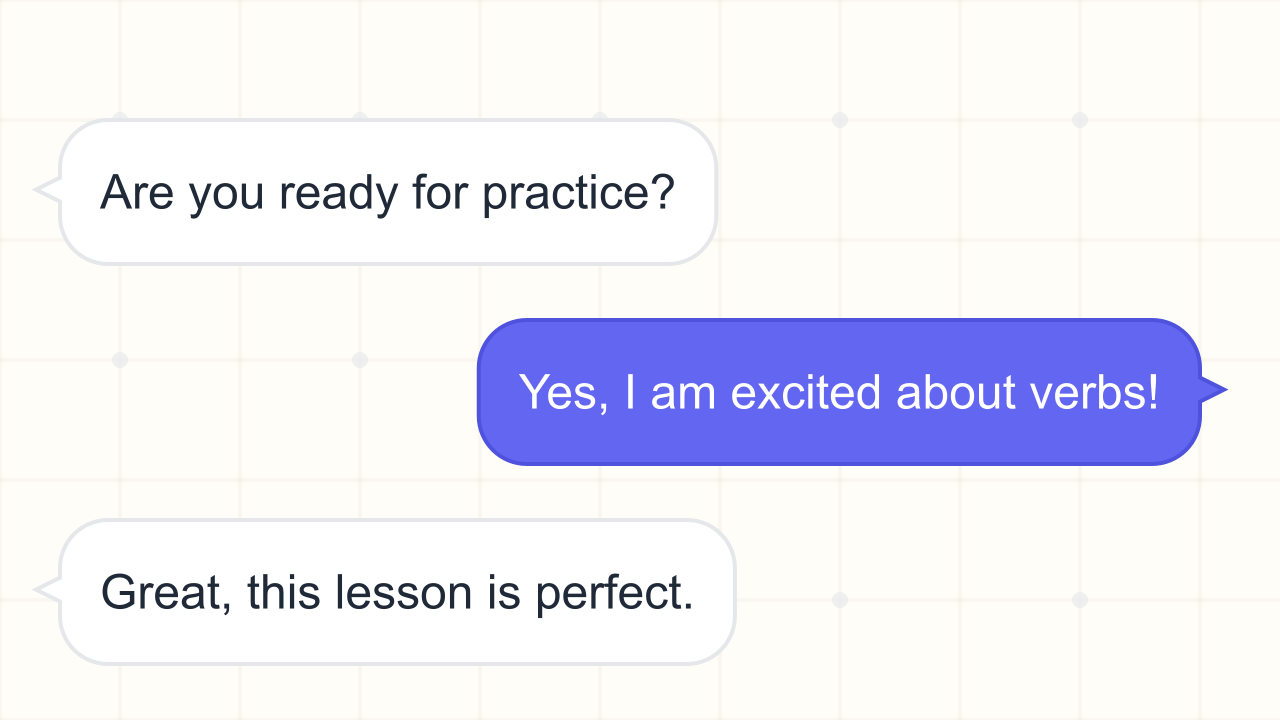
To Be: Is, Am, Are
Practise choosing the correct form of the verb “to be” — is, am, or are — in present simple sentences about people, places, and things.
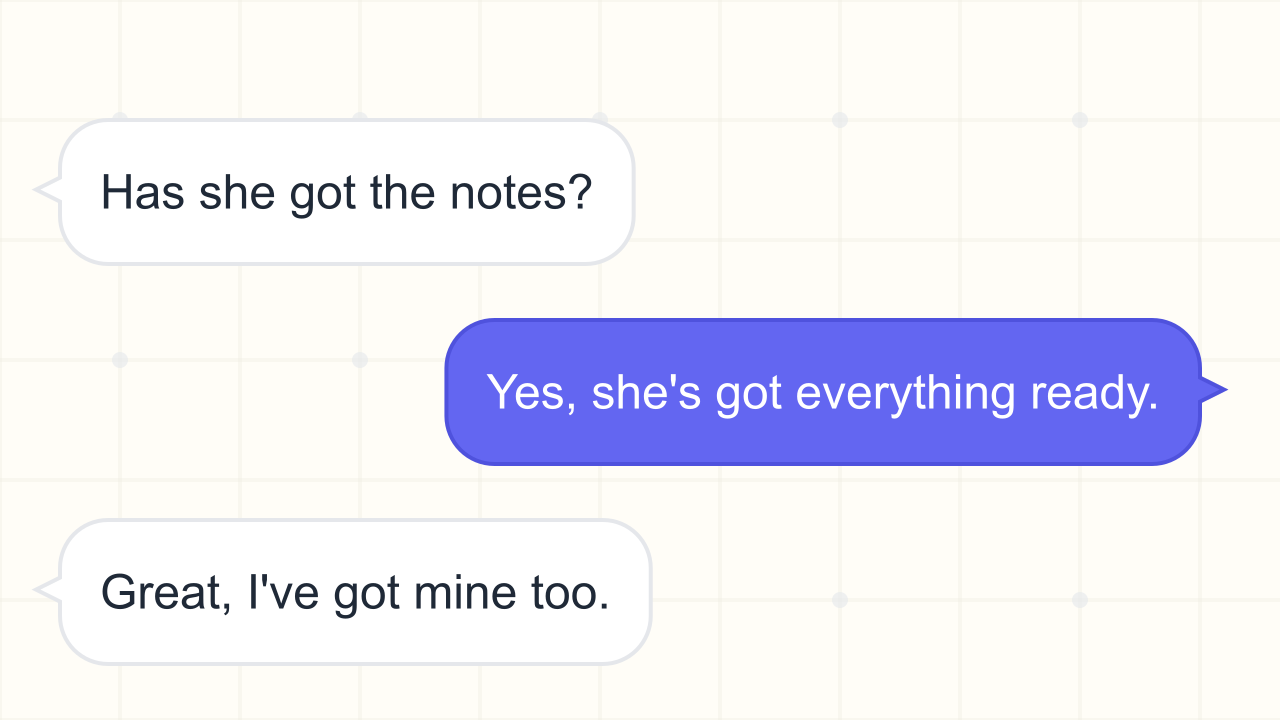
Have got vs has got
Practise choosing between "have got" and "has got" to express possession, relationships, and characteristics accurately.
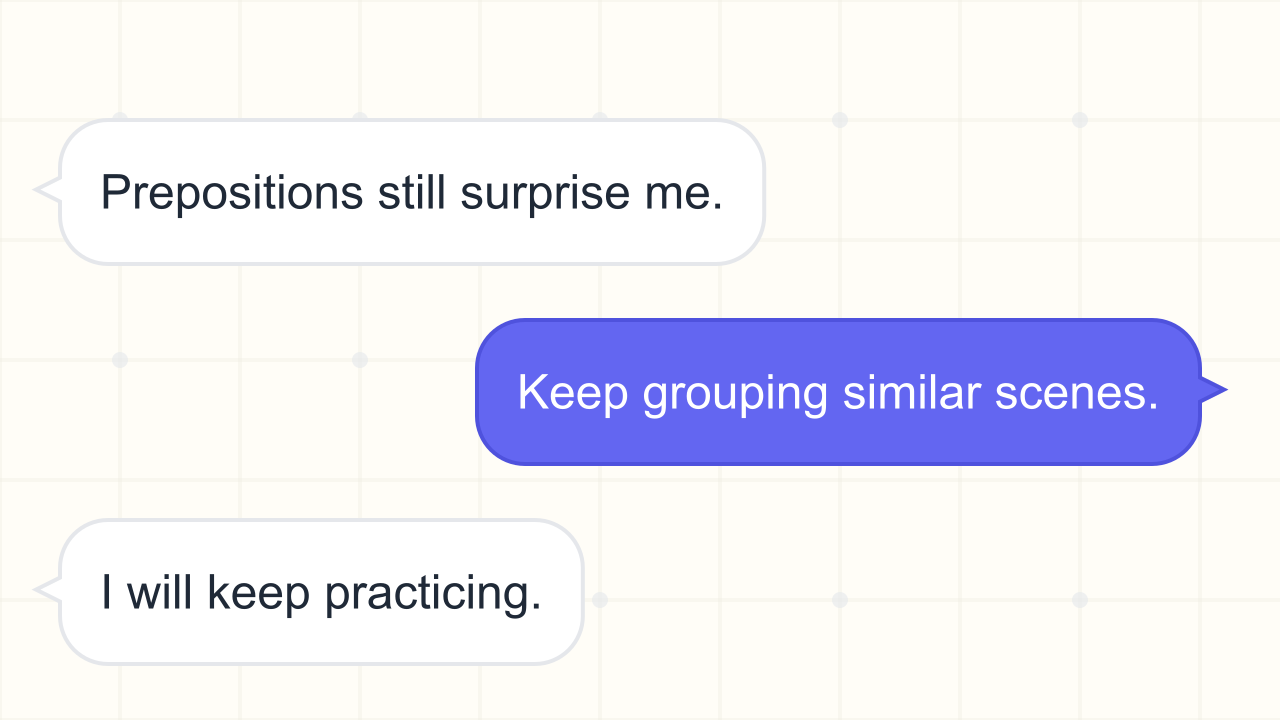
Prepositions Part 4
Challenge yourself with extended scenes that weave together direction, timing, tools, and placement so you can choose precise prepositions in complex contexts.